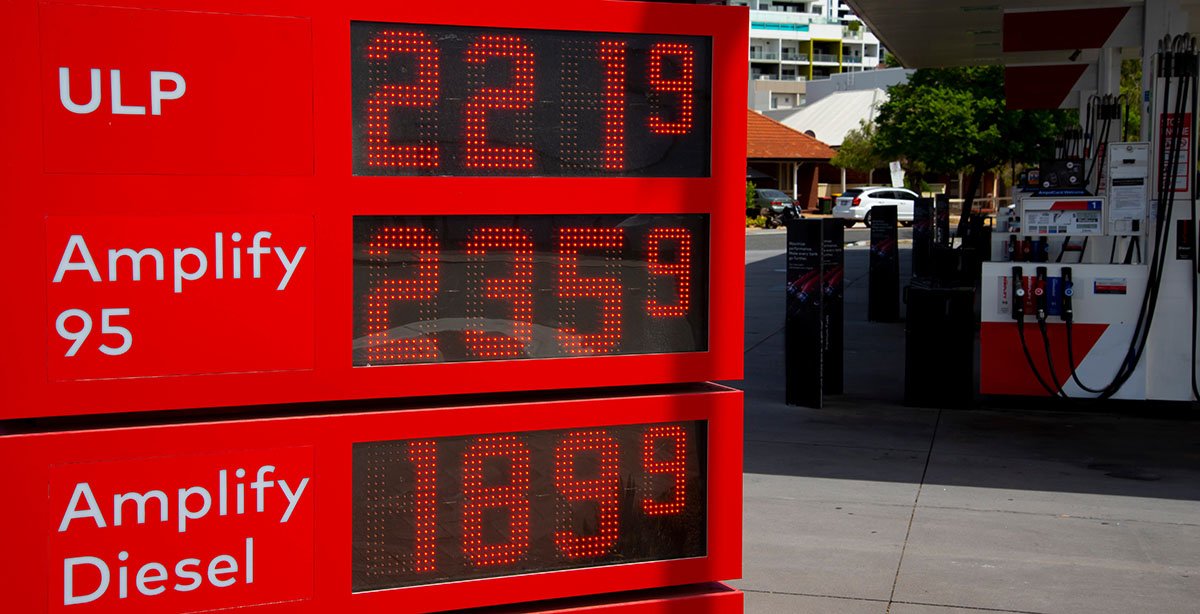While seeming a world away from the war in Ukraine, Australia isn’t immune from its global impacts, including a sharp rise in fuel prices. To reduce our reliance on international supply chains, it’s time to unhitch our wagon from oil and switch to cheap, sustainable transport.
Here are a few facts to support this proposition:
Traditional cars: At the time of writing, the average price of petrol in Melbourne is 213.5 cents per litre. The average internal combustion engine (ICE) passenger vehicle consumes 11.1L of petrol per 100km. Let’s be generous and say they only consume 10L per 100km = $21.35 per 100km. Average car occupancy is about 1.5 people across all trips. So the average fuel cost per person per 100 km = $14.23.
Electric cars: The most fuel-efficient EV (Tesla Model 3) consumes 15kWh of electricity per 100km. Electricity costs Australian households 34.4 cents per kwh on average. So the average fuel cost per person per 100 km = $3.44
That’s four times cheaper than an ICE car, and no emissions if powered by clean, renewable sources. But there’s an even better option…
Electric bikes: The average e-bike consumes 1kWh of electricity per 100km (our own research). So the average fuel cost per person per 100 km = $0.334 or 10 x cheaper than an EV or 42.5 x cheaper than an ICE car.
E-cargo bikes can carry up to 200kg, travel up to 100km on a single charge and average 25kph – sufficient for most urban trips. Furthermore, cyclists don’t get stuck in traffic, they stay fit and 10 bikes can fit in one car space.
E-bikes will never replace cars for all journeys, but they should become a dominant transport mode in cities.



